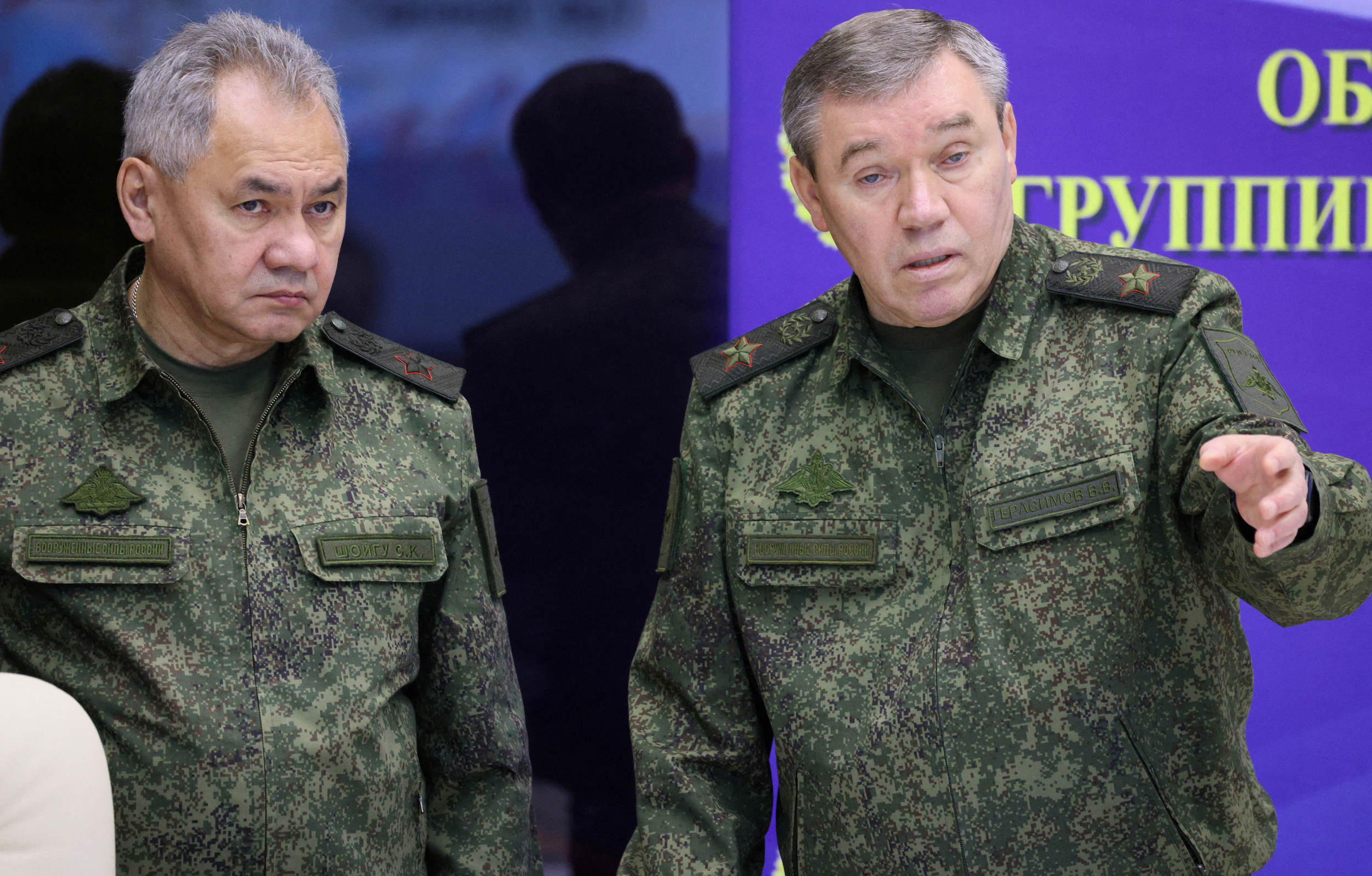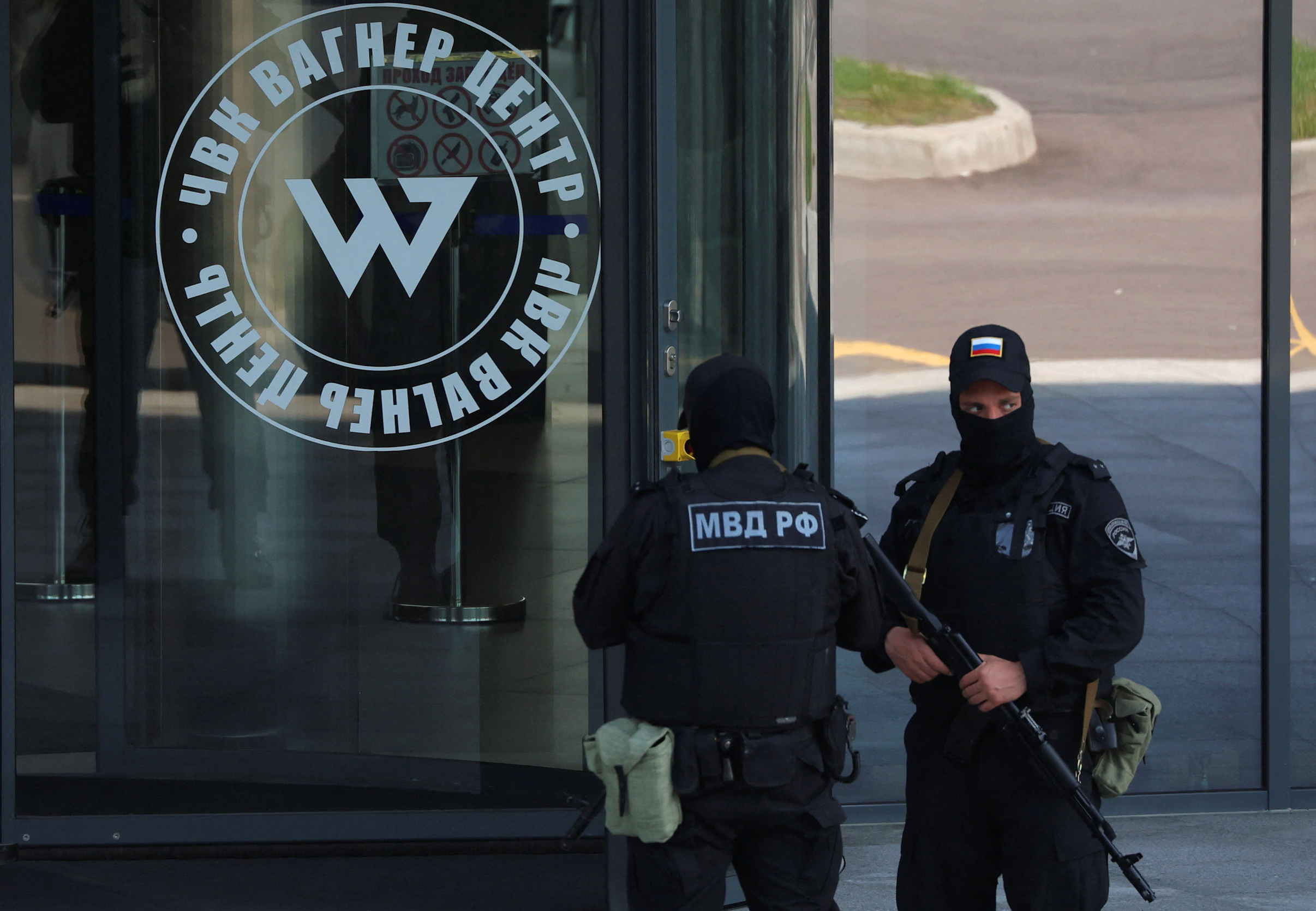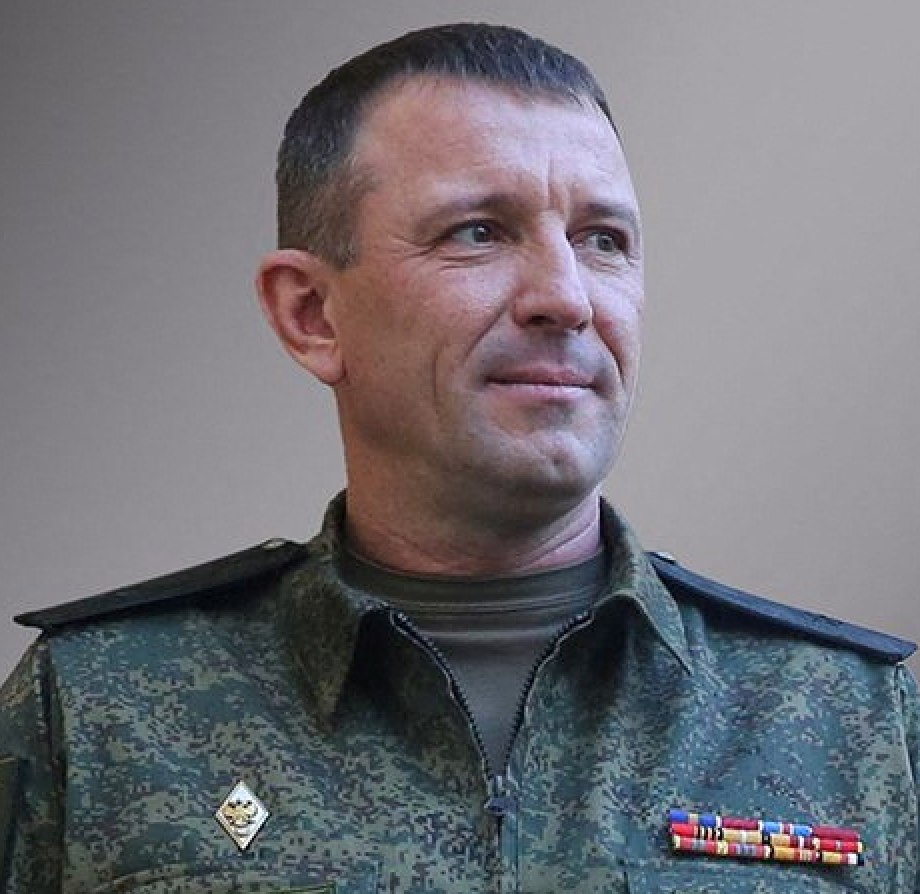
Friction and confusion persist among Russian leadership since mutiny, US general says
PHOTO CAPTION: Russian Defense Minister Sergei Shoigu and Chief of the General Staff Valery Gerasimov visit the Joint Headquarters of the Russian armed forces involved in military operations in Ukraine, in an unknown location in Russia, in this picture released December 17, 2022. Sputnik/Gavriil Grigorov/Kremlin via REUTERS/File Photo
By Idrees Ali
ABOARD A U.S. MILITARY AIRCRAFT (Reuters) - Russia's leadership is suffering a significant amount of "friction and confusion" since the Wagner mercenary group's mutiny last month, but the impact it is having on front lines in Ukraine is still uncertain, the United States' top general said on Thursday.
The June 24 mutiny led by Wagner boss Yevgeny Prigozhin, whose fighters seized the southern city of Rostov-on-Don and drove hundreds of miles towards Moscow with virtually no opposition on the ground, was abruptly defused in a deal ostensibly brokered by Belarusian leader Alexander Lukashenko.
Prigozhin has said the mutiny was not aimed at overthrowing the government but at "bringing to justice" the army and defense chiefs for what he called their blunders and unprofessional actions in Ukraine.
"At the strategic level it is pretty clear that you have a significant amount of friction and confusion," General Mark Milley, the chairman of the Joint Chiefs of Staff, told a small group of reporters traveling with him in Asia.
"There's a lot of drama going on at the very senior levels. How that's all going to play out at the end of the day? I'm not so sure yet," Milley said. "I don't think we're done with it. I think there's many more chapters to be heard on that."
Milley said that lower-level Russian troops in Ukraine were likely more focused on the situation on the ground and surviving day to day.
Since the mutiny, which posed the biggest domestic challenge to the Russian state in decades, President Vladimir Putin has so far kept Defense Minister Sergei Shoigu and Chief of the General Staff Valery Gerasimov in their jobs.
Putin initially condemned the mutineers as traitors, then said they would be permitted to decamp to Belarus. In the latest surprise, the Kremlin said this week that Putin met Prigozhin and his commanders just five days after the mutiny.
The exact whereabouts of Prigozhin have not been revealed. Lukashenko first announced Prigozhin was in Belarus, then said last week that he was back in Russia.
"I think he goes back and forth (between Russia and Belarus) to tell you the truth," Milley said, but declined to say exactly where he believed Prigozhin was.
(Reporting by Idrees Ali; Editing by Peter Graff)









